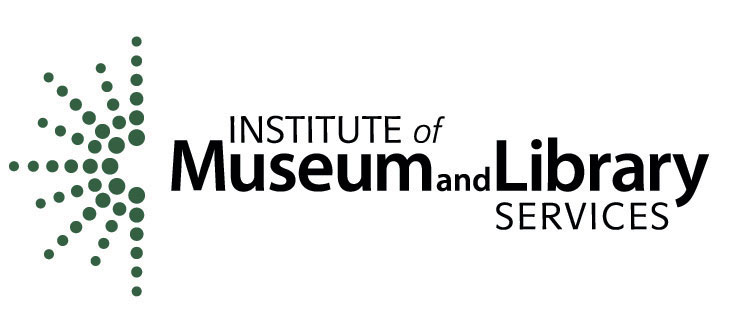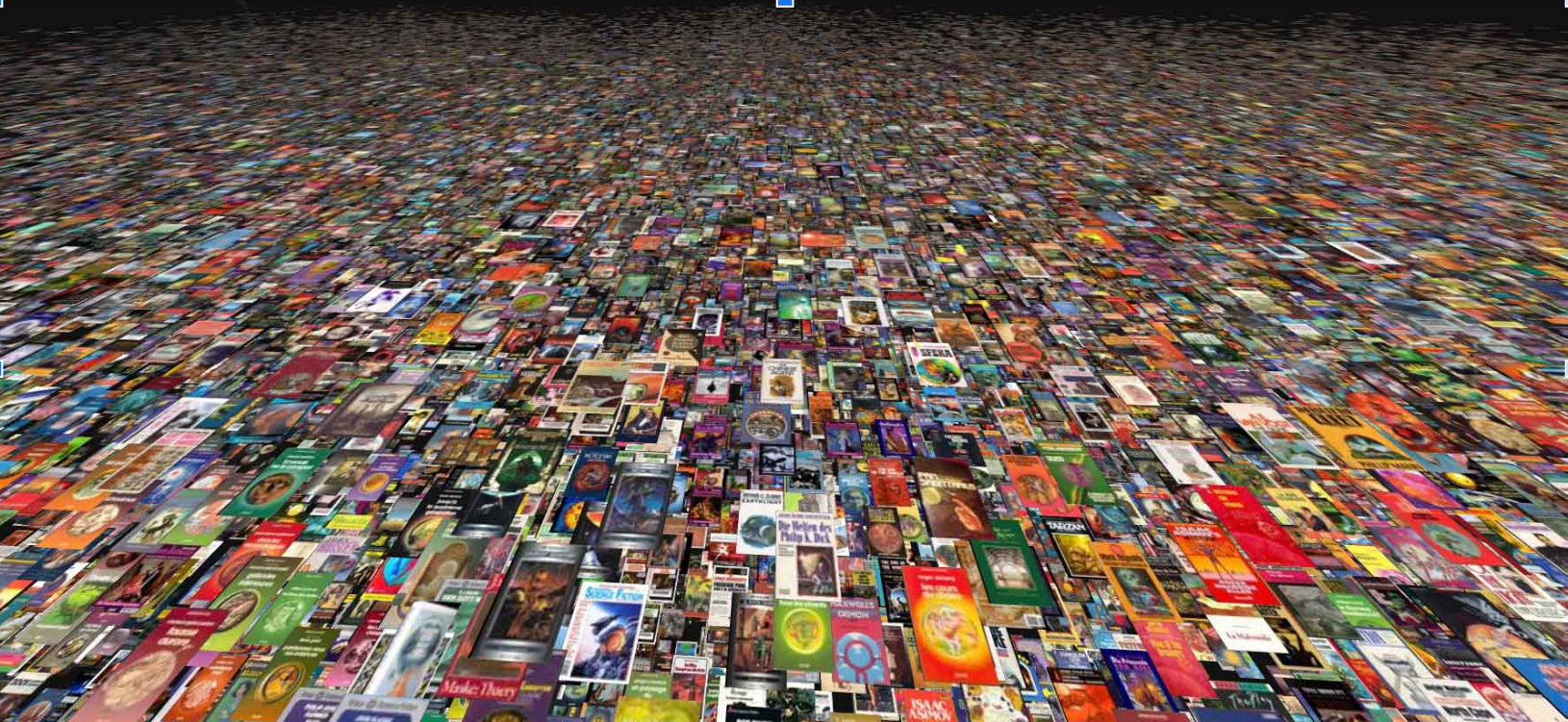The Institute of Museum and Library Services-sponsored National Forum, Data Speculations, seeks to advance the development of infrastructure, policies, expertise, and collections that enable computational research on copyrighted contemporary culture materials.
Data Speculations: A National Forum on Library Digital Stewardship for Copyrighted Contemporary Culture is led by a team of digital humanities and copyright experts, Alex Wermer-Colan, Sarah Potvin, Peter Jaszi, Brandon Butler, and Rachael Samberg. The convenings brings together specialists in digital humanities research, collections, and library data services. Convenings for the National Forum will include both closed virtual convenings, public conference presentations, and related programming, reports, and publications.
By gathering a dedicated community of practice at a National Forum, hosting public talks, and producing findings and guidelines for wider dissemination, Data Speculations will be foundational to the collective work of removing access barriers for sharing copyrighted collections, serving libraries’ core mission to make information, including copyrighted data, available to researchers and teachers to advance teaching and scholarship. At a time when multinational publishing houses and database vendors increasingly speculate on the landscape of digitized contemporary culture, charging libraries for licensed access to their collections of newspapers and magazines as data, Data Speculations seeks an alternative vision: a future where libraries can steward large collections of copyrighted cultural data.

Data Speculations Program
Data Speculations: A National Forum will bring together a wide range of scholars and practitioners to discuss the future of computational access to copyrighted data and explore a series of case studies, including the SF Nexus project.
The National Forum’s opening convening will take place in January of 2025, and the project will feature a series of additional events over the 2025 year.
The National Forum schedule for the closed January 2025 convening of practitioners in copyrighted collections as data is as follows:
Day 1 - Monday, January 13, 2025 Introduction to Data Speculations
Forum Opening
Overview: Forum and Goals
Workshop: Legal Frameworks for Copyright and Access
Day 2 - Tuesday, January 14, 2025 SF Nexus: Testimonials from Curators and Researchers
Panel: Science Fiction Collection Libraries Consortium
Lightning Talks: Digital Humanities and Science Fiction
Keynote: Copyrighted Cultural Analytics, by Ted Underwood (UIUC)
Day 3 - Wednesday, January 15, 2025 Copyrighted Collections as Data: Legal Obstacles, Problems and Opportunities
Panel: Curating Copyrighted Literature as Data
Roundtable: Large-Scale Copyrighted Collections as Data in the Age of AI
Day 4 - Thursday, January 16, 2025 Risks and Opportunities with Copyrighted Collections as Data
Working Session: The Value Proposition of Copyrighted Collections as Data
Working Session: The Future of Library Stewardship of Copyrighted Collections as Data

SF Nexus
The SF Nexus comprises a collaborative network of research and public libraries with collections of SF. The SF Nexus aspires to make a comprehensive dataset of science fiction literature.
For more information about the SF Nexus project, visit sfnexus.io. To learn more about SF Nexus’ approach to data curation of literary texts, see Alex Wermer-Colan’s and James Kopaczewski’s article, “The New Wave of Digital Collections: Speculating on the Future of Library Curation”(2022)
Paskow Science Fiction Collection, Temple University Special Collections Research Center
The Loretta C. Duckworth Scholars Studio partnered with Temple University Libraries’ Special Collections Research Center (SCRC) and Digital Library Initiatives (DLI) to build a digitized corpus of copyrighted science fiction literature. Besides its voluminous Urban Archives, the SCRC also houses a significant collection of science-fiction literature. The Paskow Science Fiction Collection was originally established in 1972, when Temple acquired 5,000 science fiction paperbacks from a Temple alumnus, the late David C. Paskow.
For an exhibit of SF book covers from the Paskow collection, visit our companion Omeka site.
Science Fiction Collection Libraries Consortium (SFCLC)
Website for Science Fiction Collection Libraries Consortium The SFCLC comprises a series of special collections across North America and England focusing on preserving and expanding access to the history of science fiction publishing. The SF Nexus aspires to leverage the SFCLC’s holdings to create larger science fiction datasets that can be shared through member-supported repositories like HathiTrust Digital Library and through digital scholarship centers at these universities.